Viewpoint: I chose to be sterilised in my 20s
- Published
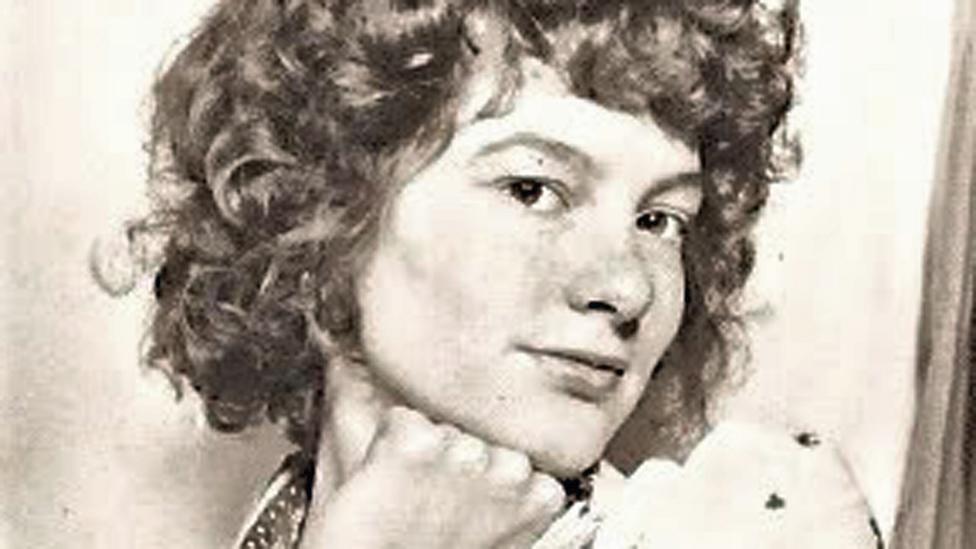
Valerie was only 12 when she decided she never wanted to have children. At the age of 23, she was able to get sterilised after a simple consultation process. That was 40 years ago.
When Valerie heard the story of Holly Brockwell, external, who spent years trying to persuade the NHS to sterilise her, she was frustrated that it might have become harder for women to take such decisions about their own bodies.
"By the time I was 23 I was married and my husband and I had decided we did not want children. In fact, I'd known for years I didn't want children.
"I read an article in one of the Sunday newspaper supplements about a young woman of 23 who had been sterilised. I went to my GP and she referred me straight away to a gynaecologist. They were both strong women who were sympathetic to my feelings.
"I was immediately put on the waiting list and six months later I had the operation. It was that simple. Realising that I could assert my will in that way and find people who would support me was very empowering - looking back I can see that it had a huge effect on my life.

Find out more
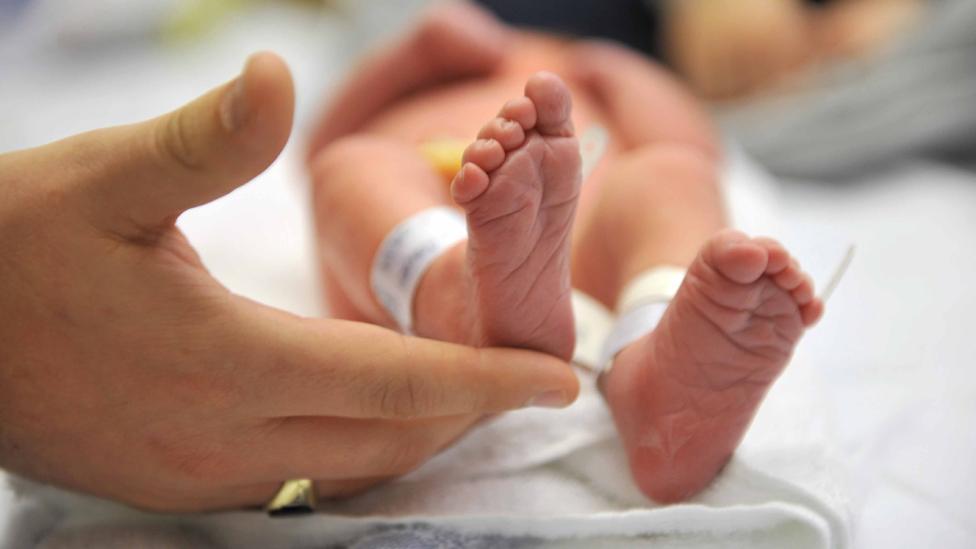
Having children: selfish or selfless? will be broadcast as part of BBC Radio 4's iPM at 05:45 BST on 23 April, and later at 17:30 BST

"Before I made the decision, I hadn't ever really mentioned it to anyone. It started really when I was 12. The world's population was growing hugely, I realised, and it didn't need any babies from me, and I didn't have any maternal feelings whatsoever.
"I don't know why I was concerned about population at that age. Maybe it was hearing about conflicts in other parts of the world and people starving to death.
"I knew some people for whom contraception had failed and the thought of taking these very intrusive hormones for years and years on end did not appeal. We discussed my husband being sterilised instead, but I felt I wanted to be in control of that part of my life.

Sterilisation in the UK
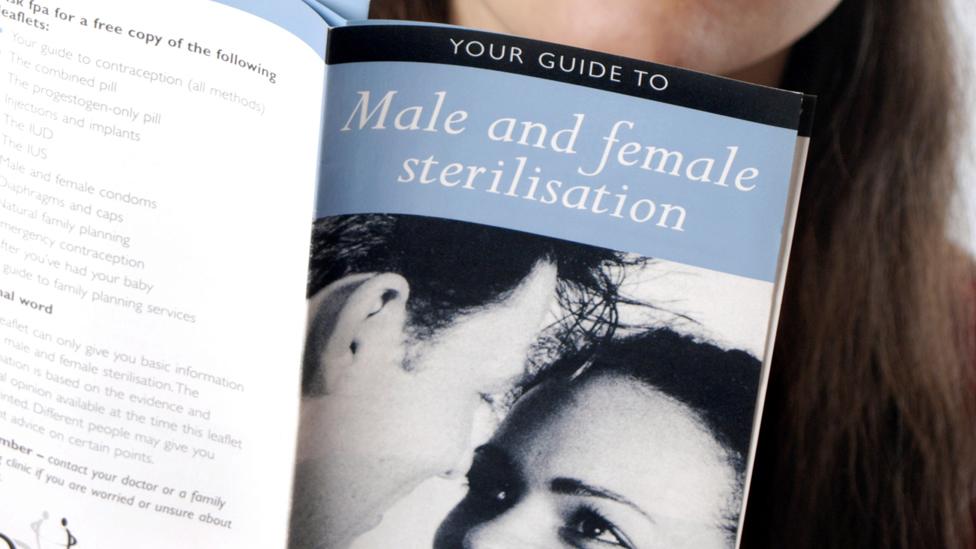
Data from the HES system shows that the number of sterilisations performed in NHS hospitals as a main procedure has been falling steadily, from approximately 40,500 in 1997/98 to 8,904 in 2012/2013 (the latest year that HES data is available at the time of publication)
Sterilisations can also be performed as a secondary procedure [following something else]. There were 5,909 sterilisations recorded as a secondary procedure in 2012/2013 giving a total of 14,813 sterilisations in 2012/2013

"The gynaecologist did talk to me about the fact that I could not change my mind - once it's done, it is hard to reverse. But I think the fact that I was married made them take it more seriously, because my husband agreed with me. A year later we had broken up and it didn't matter anyway.
"When I was single and meeting new people I can't recall bringing it up, but I suppose I must've done. Nobody I was involved with for any length of time wanted to have a family with me, so it really didn't matter at all. I'm very settled with it.

A doctor's view
Dr Kate Guthrie of the Royal College of Obstetricians and Gynaecologists says: "When it comes to contraception and sterilisation, the medical approach has changed significantly in the last 40 years. Advances in contraception mean that methods such as implants and hormone coils are just as, if not more effective than sterilisation, in younger women. Sterilisation can fail, and in the case of women under 30, it fails more often than the most effective forms of contraception. In addition, the risk of regret for women under 30 is higher. Gynaecologists are less likely to revert to sterilisation now because other options are so effective. Having said that, if a woman has considered all her options and sought advice from a contraception specialist, then she should be able to access sterilisation services. "

"It seems as though things might have moved backwards - at the very least it certainly doesn't appear we have moved on. Women are supposed to be more empowered - it's so infantilising not to have control of your own body.
"Every time I hear of somebody having a third or fourth child, I want to ask them - do they realise that that represents a 50% or 100% increase in the world population? I'm a great animal and wildlife lover and I see huge swathes of the planet being destroyed by human beings and it horrifies me. I've done a little bit to tackle this.
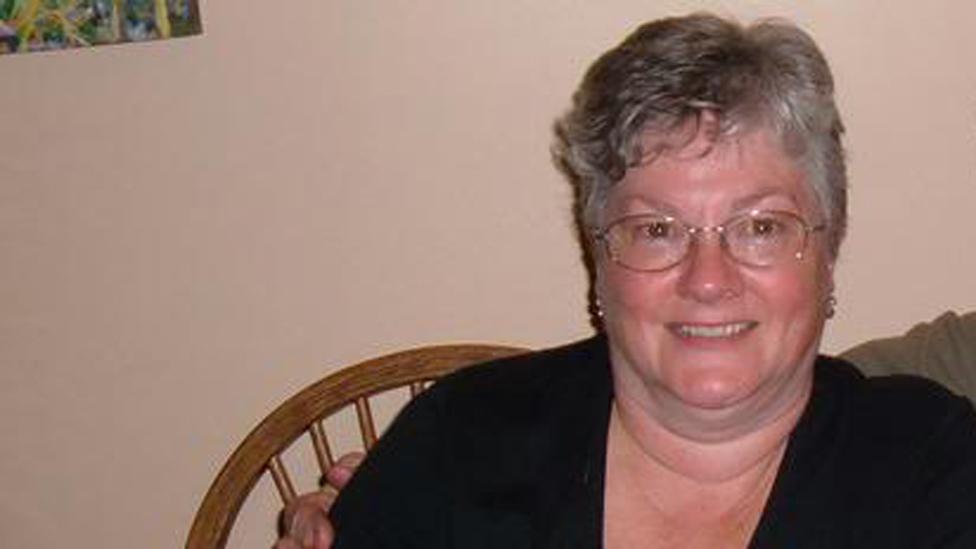
Valerie, pictured here in 2006, says she knew from a young age she wanted to be sterilised
"I was told that I was being selfish when I was sterilised, but I couldn't work that out. Isn't bringing a child into the world for your own gratification selfish? To choose not to have a baby is not selfish because it only affects you.
"My childless life has allowed me to do what I want when I want. I haven't had to do things that I didn't want to do. I haven't called on the health service for any birth-related needs, but I'm getting my bit now. Getting hip and shoulder replacements - that's my way of using up my contribution.
"Everything in my life has been confirmation that my decision to be sterilised was the right one for me. When my sister had her children, I was a reasonably OK auntie. I've never babysat for people - no-one has ever asked me. And thank goodness for that.

More from the Magazine
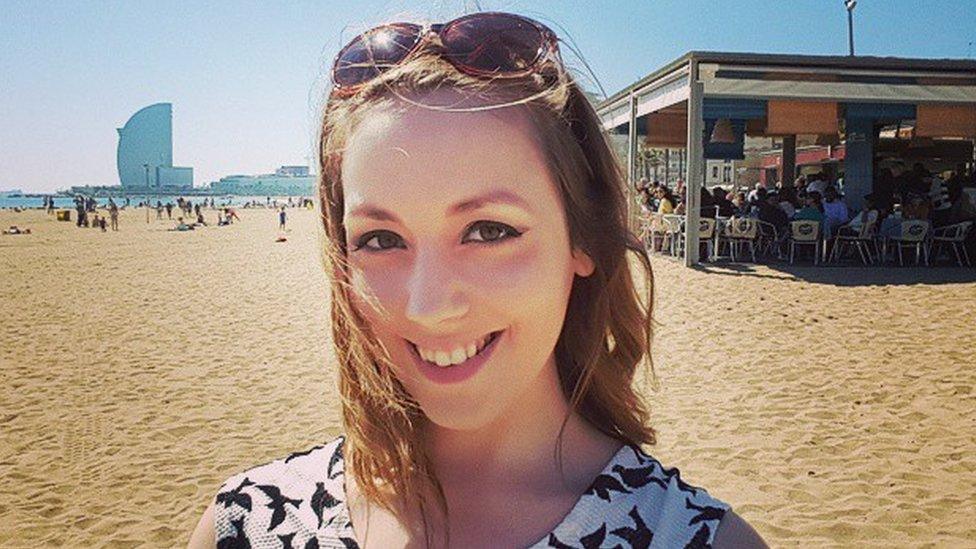
In November 2015, Holly Brockwell (pictured) told the Magazine: "As a woman, there are four little words I can say that invite more condescension than almost any others: 'I don't want children.'"
Some of the social media reaction to her article was so extreme, she spoke about it a few days later in The trouble with saying you don't want children
Readers told their own stories in The struggle to stay child-free (December 2015)

Subscribe to the BBC News Magazine's email newsletter to get articles sent to your inbox.